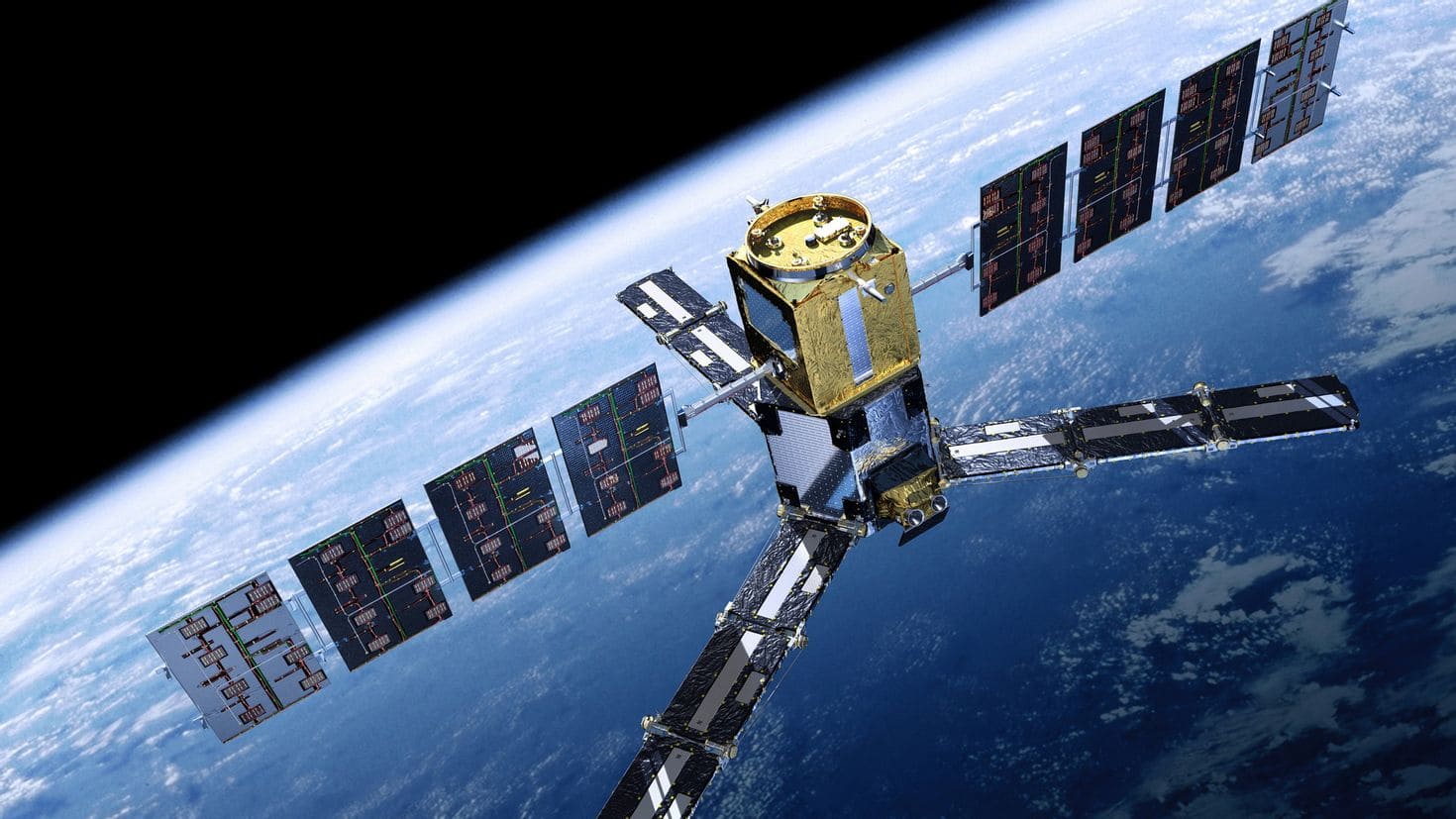Africa’s journey into the realm of satellite technology and space exploration has been steadily gaining momentum, reflecting a broader trend of technological advancement and ambition across the continent. This growth is driven by a combination of governmental initiatives, private sector investments, and international collaborations aimed at leveraging space technology for socio-economic development. Here’s a detailed look at the current state and future prospects of Africa’s satellite launch capabilities:
Historical context and early achievements
Africa’s entry into space technology began with the launch of its first satellite, EgyptSat 1, by Egypt in 2007. This milestone was followed by Nigeria’s launch of NigeriaSat-1 in 2003, although it was launched aboard a Russian rocket. These initial steps marked the beginning of Africa’s space endeavors, primarily focused on communication, earth observation, and environmental monitoring.
Key players and agencies
Several African countries have established national space agencies and are becoming key players in the continent’s space race. Some notable ones include:
- South African National Space Agency (SANSA): established in 2010, SANSA has been instrumental in space research and satellite technology development in South Africa.
- National Space Research and Development Agency (NASRDA) of Nigeria: Nigeria has launched several satellites, including communication satellites (NigComSat-1R) and Earth observation satellites (NigeriaSat-2 and NigeriaSat-X).
- Egyptian Space Agency (EgSA): Egypt continues to be a leader in the region, with plans to expand its satellite capabilities and develop its own satellite launch vehicles.
- Algerian Space Agency (ASAL): Algeria has launched multiple satellites and is working towards developing its own satellite manufacturing capabilities.
Recent developments and launches
In recent years, African countries have significantly ramped up their satellite launch activities. Some notable recent developments include:
- Ethiopian remote sensing satellite (ETRSS-1): launched in December 2019, Ethiopia’s first satellite is used for weather monitoring and agricultural planning.
- Angosat-2: Angola’s communication satellite, launched to replace the failed Angosat-1, aims to enhance telecommunications across the country.
- Rwanda’s RWASAT-1: launched in 2019, it is Rwanda’s first satellite, focusing on environmental monitoring and disaster management.
Emerging trends and collaborations
- International collaborations: many African nations are partnering with established spacefaring countries like China, Russia, and the United States. For instance, China has been a key partner, providing launch services and technical expertise.
- Private sector involvement: the private sector is also becoming increasingly involved. Companies like South Africa’s Space Advisory Company and Nigeria’s NigComSat Ltd are contributing to the development and commercialization of space technologies.
- Regional cooperation: there is a growing trend towards regional cooperation. The African Union’s African Space Policy and Strategy aims to harmonize and coordinate space activities across the continent.
- Development of launch facilities: countries like Kenya are exploring the development of their own launch facilities. The Kenyan Space Agency is considering reviving the Malindi Space Centre for launching small satellites.
Challenges and future prospects
Despite the progress, Africa’s space ambitions face several challenges, including limited funding, inadequate infrastructure, and a shortage of skilled personnel. However, the continent is making strides in addressing these issues through education and training programs, increased government investment, and fostering international partnerships.
The future of Africa’s satellite launch capabilities looks promising. With continued investment and collaboration, Africa is poised to become a significant player in the global space industry. The benefits of these advancements are manifold, including improved communication networks, enhanced environmental monitoring, and better disaster management, all of which can contribute to the continent’s overall development and prosperity.



